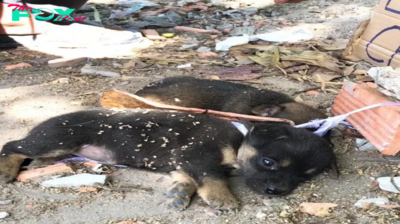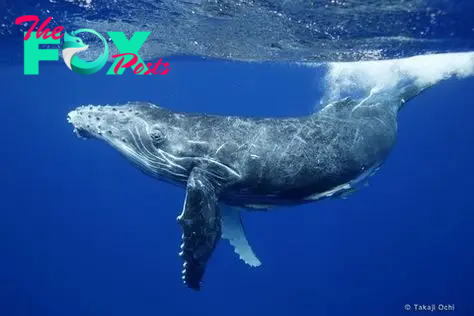Pet
Whales: Nature’s Sentinels and the Heartbeat of Ocean Conservation
-

 Pet1m ago
Pet1m agoCelebrating Me: A Journey of Self-Love and Independence on My 5th Birthday.lamz
-

 Pet1m ago
Pet1m agoHeroic Rescue and Heartwarming Adoption: A Brave Police Officer’s Unforgettable Journey with an Adorable Puppy.hanh
-

 Pet1m ago
Pet1m ago¡Felicidades en tu día! Tranquilo, ¡los mejores deseos siempre llegan cuando tienen que llegar!.lamz
-

 Pet1m ago
Pet1m agoFrom Abandoned to Empowered: A Dog Reclaims Its First Steps After Being Left Behind.hanh
-

 Pet1m ago
Pet1m agoA Silent Celebration: My Birthday 🎂🎁🎈🎉 Without Wishes Yet.hanh
-

 Pet1m ago
Pet1m agoA pesar de una década de devoción, Annie fue cruelmente abandonada como si no fuera nada cuando su dueño se fue.lamz
-

 Pet2m ago
Pet2m agoFrom Neglect to Nurture: Transforming a Skeletal Stray Dog with Unconditional Love.hanh
-

 Pet2m ago
Pet2m agoAn inspiring tale of rescuing two innocent puppies from heartless sellers, emphasizing the importance of compassion and protection for vulnerable animals.hanh



























